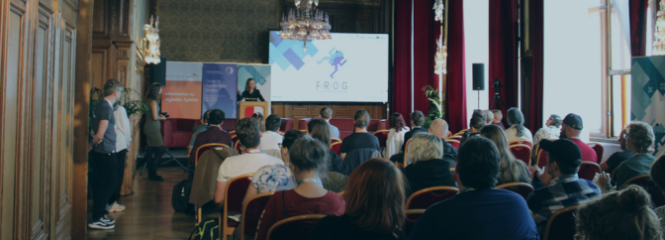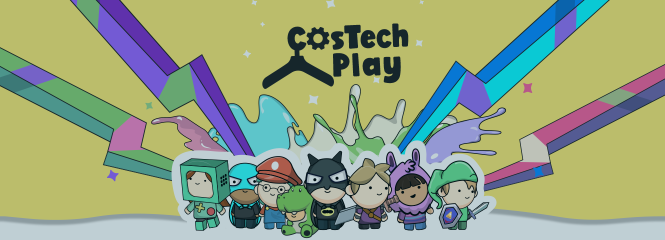Games fascinate, and they have much more to offer than mere fun and entertainment: games are economic products that fuel an industry that is no longer constrained to living rooms and amusement parks; games are cultural objects that transform the way we see ourselves and others and change how we perceive and shape the world; and games are communication and learning tools that enable us to grasp, confront and master even the most demanding of issues.
But how do games work and where does our desire to play come from? How do new technologies change the cultural technique of play, and what does this mean for our society? And how can we develop and promote responsible ways of handling a media world increasingly shaped by the idea of games and play? The Center for Applied Game Studies is dedicated to these and many other questions related to games and play. Combining expertises from game-, media- and education studies, we aim to address the complex relationships between games and society in our teaching and research.
The work of the Center thus takes place in a transdisciplinary field in which applied and basic research cannot be separated from one another, and in which a broad spectrum of methods is required, ranging from experimental development to qualitative and quantitative social research to anthropological, humanistic and cultural investigations.
The Center's research projects are conducted in close cooperation with experts and partners from various fields of research and practice within national and international cooperations and can be assigned to the following categories:
Games/Play and…
- School & Education
- Environment & Sustainability
- Gender & Diversity
- Health & Mobility
- Media Art & Design
- Political Education & Participation
- Media Literacy & Emergent Technologies
The center's study program is closely linked to its research activities and includes the master's program "Game Studies MA (CE)" as well as a diverse range of "Certified Programs" that allow students to deepen their knowledge in a variety of focus areas even without a master's degree.
In addition, the Center regularly organizes lectures and workshops on current developments in the field of games and society as opportunities for practical and academically high-grade continuing education for students and graduates. Furthermore, students are regularly being involved in the center’s research activities in order to foster a smooth transition between student education and academic practice.


/Teaserbilder/Teaserbilder/Teaserbild-EDU.png/jcr:content/EDU+%C3%9Cberlauf-extended%20(300dpi)-2.1.png)



